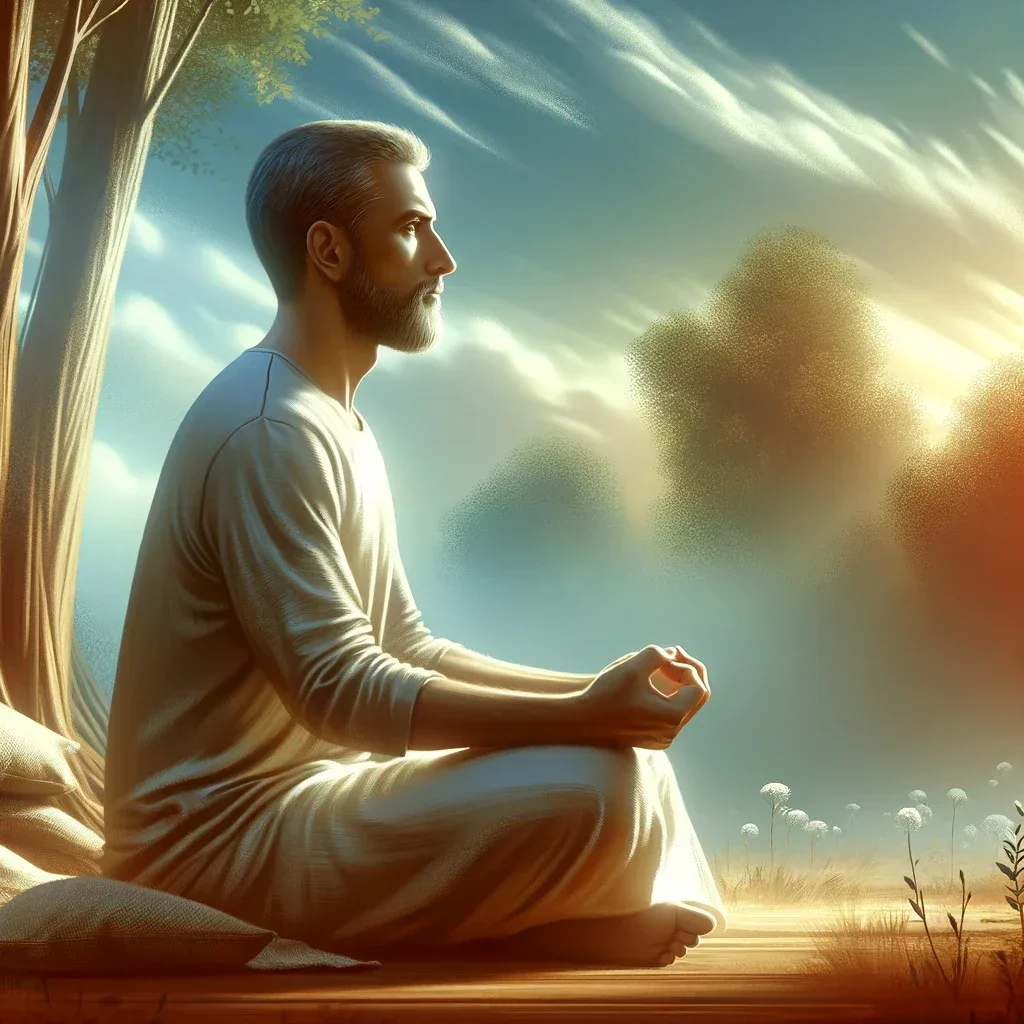The concept of temporality and the perception of the brevity of life are timeless themes that have intrigued humanity throughout history. Among the thinkers who most deeply contemplated this subject is Lucius Annaeus Seneca, better known as Seneca. This article explores Seneca's reflections on time, highlighting how his ideas can inspire us to value each moment of our existence.

The Perception of Time in Seneca

The Brevity of Life
Seneca, in his work “De Brevitate Vitae” (On the Brevity of Life), argues that human life is long enough if used well. He criticizes those who complain about the brevity of life, while simultaneously wasting their time in futile activities. For Seneca, the central question is not how much time we have, but rather how we use it.
The Importance of Living in the Present
The Stoic philosopher emphasizes the importance of living in the present. He argues that many people waste their time worrying about the future or regretting the past instead of enjoying the present moment. Seneca reminds us that the past is unchanging and the future is uncertain; therefore, we must focus on the now.

Efficient Time Management
For Seneca, efficient time management is a crucial aspect of the good life. He advises his readers to avoid wasting time on trivialities and to engage in activities that enrich the spirit and character. This includes dedication to learning, contemplation, and virtuous practices.
Practical Applications of Seneca's Reflections

Prioritizing and Simplifying Life
Seneca teaches us the importance of prioritizing the things that really matter. This often requires simplifying life, discarding what is superfluous and focusing on what is essential. Such an approach allows us to live more fully and with purpose.
The Value of Self-Reliance
Another lesson from Seneca is the value of self-reliance. He believes that depending less on external circumstances and more on ourselves makes us more resilient and capable of facing life's adversities. Self-sufficiency, according to him, is the key to a peaceful and satisfying life.
Acceptance of the Ephemeral Nature of Life
Seneca encourages us to accept the ephemeral nature of life. This acceptance is not a surrender to fatalism, but an appreciation of impermanence as a natural feature of existence. Such understanding helps us to value each moment and live with gratitude.

Conclusion
Seneca's reflections on time and the brevity of life are incredibly relevant in the modern world, where time often seems to slip through our fingers. His wisdom reminds us to live intentionally, value the present, and pursue a life of meaning and purpose. In a fast-moving world, Seneca's lessons offer a timeless guide for navigating existence with wisdom and gratitude.

Frequently Asked Questions about “Seneca and Time: Reflections on the Brevity of Life”
Here are the answers to the most common questions about Seneca's reflections on time and the brevity of life. These questions address fundamental aspects of Seneca's thought and how they can be applied to contemporary life.

1. What does Seneca say about the brevity of life?
2. How does Seneca suggest we should live in the present?
3. What is Seneca's view on time management?
4. How does Seneca believe we can achieve self-reliance?
5. What is Seneca's advice for prioritizing what is important in life?
6. How can we apply Seneca's reflections in the modern world?
7. What is the relationship between the brevity of life and happiness, according to Seneca?
8. How does Seneca suggest dealing with life’s adversities?
9. How does Seneca see the relationship between time and virtue?
10. What is the main message of Seneca's thinking about time?

This FAQ was created to provide a deeper understanding of Seneca's ideas and how they can be applied to improve our perception of time and our quality of life.





